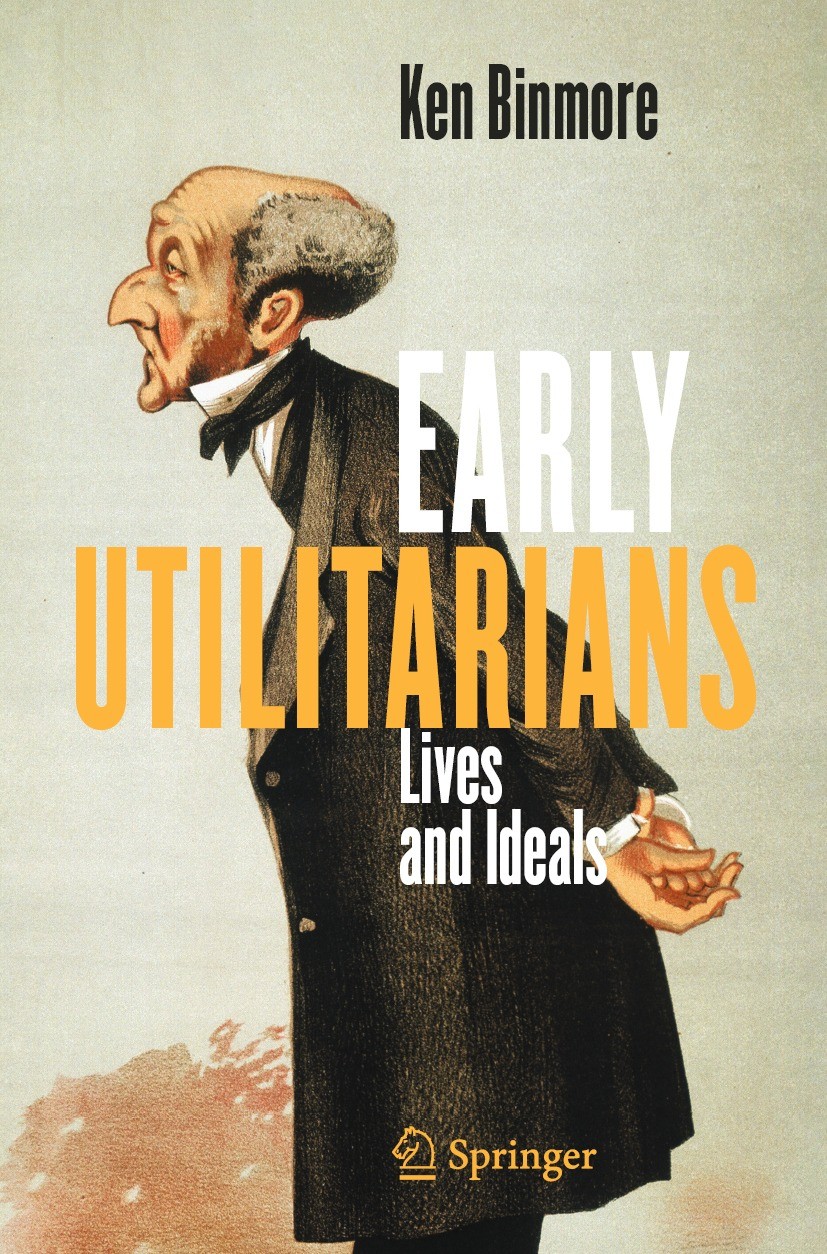| 書目名稱 | Early Utilitarians |
| 副標題 | Lives and Ideals |
| 編輯 | Ken Binmore |
| 視頻video | http://file.papertrans.cn/301/300817/300817.mp4 |
| 概述 | Explores the lives and ideals of early utilitarian pioneers.Explains how economists intend to measure happiness.Offers an evolutionary reinterpretation of the contributions of modern philosophers |
| 圖書封面 |  |
| 描述 | .People who put the public good before their own self interest have been admired throughout history. But what is the public good? Sages and prophets who think they know better what is good for us than we know ourselves held sway on this subject for more than two thousand years. The world had to wait for the Enlightenment that burst upon the world in the eighteenth century for an account of the public good free from the prejudices of the privileged classes.?.Utilitarianism is our name for this new way of thinking about morality. Francis Hutcheson encapsulated its aims by inventing its catchphrase “The greatest happiness for the greatest number’’ fifty years before Jeremy Bentham, to whom the slogan is usually attributed. ?But what is happiness? Why did Jeremy Bentham and John Stuart Mill prefer to speak of utility? How did economists develop this notion?? Does it really make sense to compare the utilities of different people? Bob may complain more than Alice in the dentist’s chair, but is he really suffering more? Why should I put the sum of everybody’s utility before my own utility??.This short book asks how such questions arose from the social and political realities of the times |
| 出版日期 | Book 2021 |
| 關鍵詞 | Utilitarian thinking; Jeremy Bentham; John Rawls; John Harsanyi; David Hume; Happiness research; John Stua |
| 版次 | 1 |
| doi | https://doi.org/10.1007/978-3-030-74583-7 |
| isbn_softcover | 978-3-030-74582-0 |
| isbn_ebook | 978-3-030-74583-7 |
| copyright | The Editor(s) (if applicable) and The Author(s), under exclusive license to Springer Nature Switzerl |
 |Archiver|手機版|小黑屋|
派博傳思國際
( 京公網(wǎng)安備110108008328)
GMT+8, 2025-10-8 12:38
|Archiver|手機版|小黑屋|
派博傳思國際
( 京公網(wǎng)安備110108008328)
GMT+8, 2025-10-8 12:38


